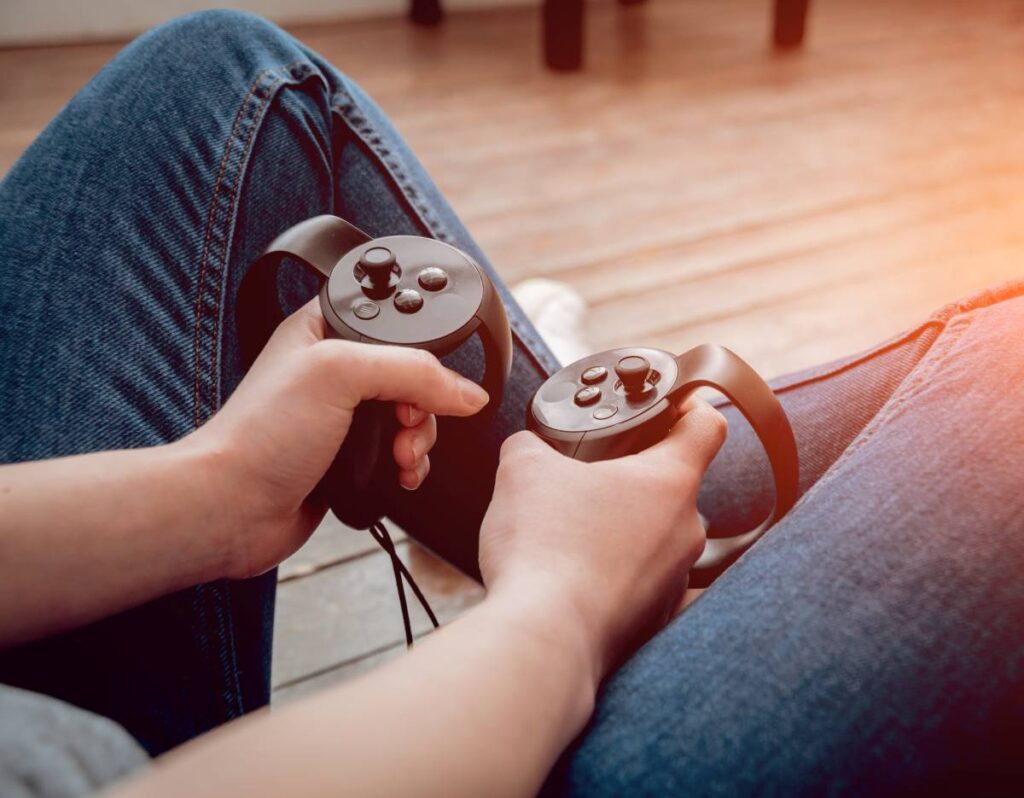Ergonomics and Comfort
When it comes to gaming, ergonomics plays a crucial role in ensuring a comfortable and enjoyable experience. Spending long hours in front of a screen can lead to physical discomfort, including back pain, wrist strain, and eye fatigue. Therefore, investing in a good gaming chair and desk setup is essential. A chair that supports your back and promotes good posture can significantly enhance your gaming sessions.
Additionally, the positioning of your monitor is vital. It should be at eye level to prevent neck strain. Using ergonomic accessories like wrist rests and adjustable monitor stands can further improve your comfort. Remember, a comfortable gaming environment not only enhances your performance but also helps prevent long-term health issues.
Internet Connection and Latency
In the world of online gaming, a stable and fast internet connection is paramount. High latency or lag can ruin the gaming experience, especially in competitive scenarios where every millisecond counts. Players should consider using a wired connection instead of Wi-Fi to minimize latency. A good router can also make a significant difference in maintaining a stable connection.
Moreover, understanding your internet speed is crucial. Tools like speed tests can help you determine if your connection is adequate for gaming. Ideally, a download speed of at least 25 Mbps and an upload speed of 3 Mbps is recommended for smooth gameplay. Keeping your network free from bandwidth-heavy applications during gaming sessions can also help maintain optimal performance.
Game Settings and Optimization
Adjusting game settings for optimal performance is another critical aspect to consider while gaming. Many games offer a variety of graphics settings that can be tweaked to enhance performance or visual quality. Players should find a balance that suits their hardware capabilities and personal preferences. Lowering settings like shadows and textures can improve frame rates, especially on older systems.
Additionally, keeping your graphics drivers updated can lead to better performance and fewer bugs. Many gaming platforms also provide optimization tools that automatically adjust settings based on your hardware. Utilizing these tools can save time and ensure that you are getting the best possible experience from your games.
Community and Social Interaction
Gaming is not just about individual play; it often involves a community aspect that can enhance the overall experience. Engaging with fellow gamers through forums, social media, or in-game chat can provide valuable insights and tips. Building friendships within the gaming community can also lead to more enjoyable multiplayer experiences.
Moreover, participating in community events or tournaments can be a great way to improve your skills and meet new people. Many games have dedicated communities that offer support and camaraderie, making the gaming experience more enriching. Remember, the social aspect of gaming can be just as important as the gameplay itself.
Mental Health and Gaming Balance
While gaming can be a fun and engaging activity, it is essential to maintain a healthy balance to protect your mental health. Excessive gaming can lead to issues such as addiction, anxiety, and social isolation. Setting time limits and taking regular breaks can help mitigate these risks. It’s important to be aware of how gaming affects your mood and overall well-being.
Additionally, engaging in other activities outside of gaming, such as exercise, reading, or spending time with friends, can provide a more balanced lifestyle. Remember, gaming should be a source of enjoyment, not a source of stress. Prioritizing mental health while gaming is crucial for a fulfilling experience.
| Aspect | Description |
|---|---|
| Health | Maintain good posture and take regular breaks to avoid strain and fatigue. |
| Environment | Ensure your gaming area is well-lit and comfortable to enhance focus and enjoyment. |
| Equipment | Use quality hardware such as a good headset, mouse, and keyboard for better performance. |
| Game Selection | Choose games that match your interests and skill level to maximize enjoyment. |
| Time Management | Set limits on gaming time to maintain a healthy balance with other life activities. |
| Social Interaction | Engage with friends or online communities to enhance the social aspect of gaming. |
| Skill Development | Focus on improving your skills through practice and learning from others. |
| In-Game Purchases | Be mindful of spending on in-game items to avoid overspending. |
| Game Updates | Stay informed about updates and patches to ensure optimal gameplay experience. |
| Community Guidelines | Familiarize yourself with the game’s community rules to foster a positive environment. |


